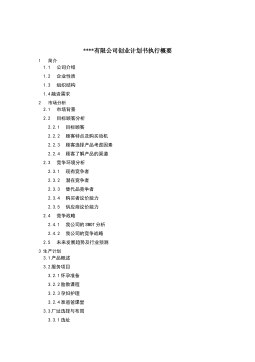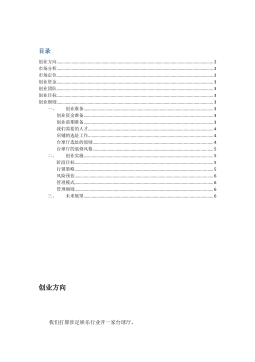中日对东盟直接投资的经济效应对比分析
中文摘要区域经济一体化已经成为今世界经济发展的一大主题,而投资自由化则促进了区域经济一体化的进程。中国-东盟自由贸易区的正式建成,加强了中国与东盟成员国间的经济联系,促进各国经济和社会的发展。中国有必要进一步强化在东盟区域经济合作中的直接投资,推动中国与东盟经贸关系的进一步发展。日本作为东盟的传统投资大国,一直在东盟直接投资市场中占据重要地位,中国对东盟投资力度的加大,必然会引起日本的反应,双方博弈将趋于激烈化。同时东盟对FDI的引进将更多地将基于对其经济增长、贸易规模增长、促进就业等综合因素考虑后有重点地进行选择。本文回顾了对外直接投资的理论基础和国内外关于对外直接投资分析框架,并对国内外学...
相关推荐
-
10KV电网D-SCADA 系统信息采集与故障诊断研究与设计VIP免费
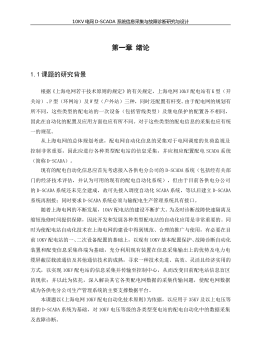
 2024-10-14 53
2024-10-14 53 -
方形吸顶散流器平送风等温射流特性研究VIP免费
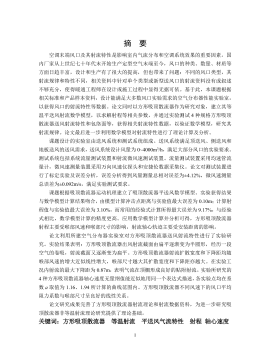
 2025-01-09 12
2025-01-09 12 -
关于充液声导波传感器中频散兰姆波的研究VIP免费
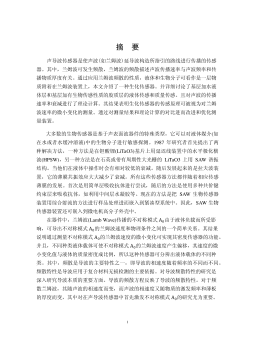
 2025-01-09 21
2025-01-09 21 -
结合梁斜拉桥施工过程中考虑剪力滞影响的分析方法VIP免费

 2025-01-09 29
2025-01-09 29 -
空调房间热舒适性的数值模拟与实验研究VIP免费
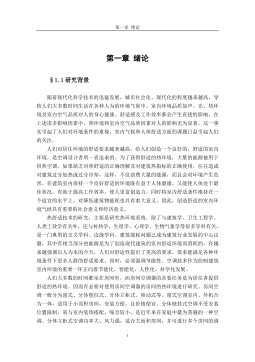
 2025-01-09 10
2025-01-09 10 -
汽车前轮线控转向系统研究VIP免费
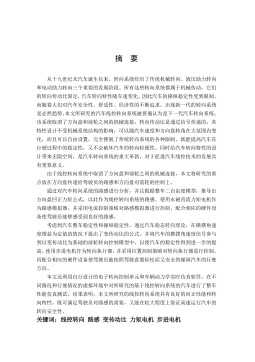
 2025-01-09 19
2025-01-09 19 -
输入分配型混合动力车辆动力系统控制策略研究VIP免费
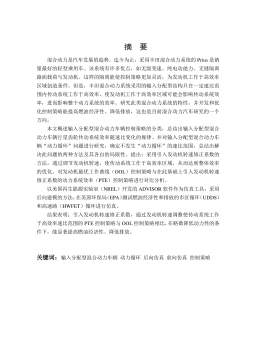
 2025-01-09 9
2025-01-09 9 -
双馈风力发电系统的柔性并网控制研VIP免费
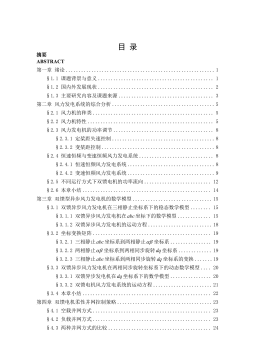
 2025-01-09 37
2025-01-09 37 -
污水处理厂污泥好氧堆肥发酵技术的试验研究VIP免费
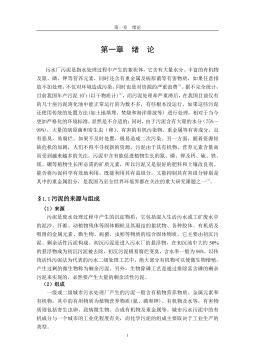
 2025-01-09 11
2025-01-09 11 -
应用风室试验装置的风机性能VIP免费
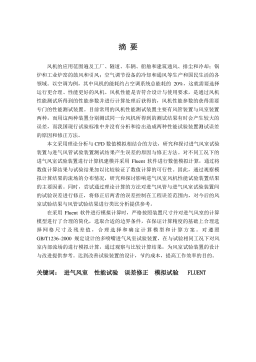
 2025-01-09 13
2025-01-09 13
相关内容
-

汽车前轮线控转向系统研究
分类:高等教育资料
时间:2025-01-09
标签:无
格式:PDF
价格:15 积分
-

输入分配型混合动力车辆动力系统控制策略研究
分类:高等教育资料
时间:2025-01-09
标签:无
格式:PDF
价格:15 积分
-

双馈风力发电系统的柔性并网控制研
分类:高等教育资料
时间:2025-01-09
标签:无
格式:PDF
价格:15 积分
-

污水处理厂污泥好氧堆肥发酵技术的试验研究
分类:高等教育资料
时间:2025-01-09
标签:无
格式:PDF
价格:15 积分
-

应用风室试验装置的风机性能
分类:高等教育资料
时间:2025-01-09
标签:无
格式:PDF
价格:15 积分


